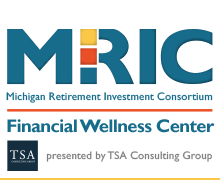Estate Settlement

You also should be aware of the other procedures involved in estate settlement. Here is a quick review of some of them. Your attorney, as well as the organizations mentioned, can provide more details.
Transferring Property
When thinking about transferring your property, what probably first comes to mind are large assets, such as stock, real estate and business interests. But you also need to consider more basic assets:
Safe deposit box contents.
In most states, the bank seals the box as soon as it learns of the death and opens it only in the presence of the estate’s personal representative.
Savings bonds.
The surviving spouse can immediately cash in jointly owned E bonds. To cash in H and E bonds registered in the deceased’s name but payable on death to the surviving spouse, they must be sent to the Federal Reserve.

Receiving Benefits
The surviving spouse or other beneficiaries may be eligible for any of the following:
Social Security benefits.
For the surviving spouse to qualify, the deceased must have been age 62 or older or their children must be under age 16. Disabled spouses can usually collect at an earlier age. Surviving children can also get benefits.
Employee benefits.
The deceased may have insurance, back pay, unused vacation pay, and pension funds the surviving spouse or beneficiaries are entitled to. The employer will have the specifics.
Insurance they may not know about.
Many organizations provide life insurance as part of the membership fee. They should be able to provide information.
Material discussed is meant for general illustration and/or informational purposes only and it is not to be construed as tax, legal, or investment advice. Although the information has been gathered from sources believed to be reliable, please note that individual situations can vary therefore, the information should be relied upon when coordinated with individual professional advice.
Article from CalcXML.com
